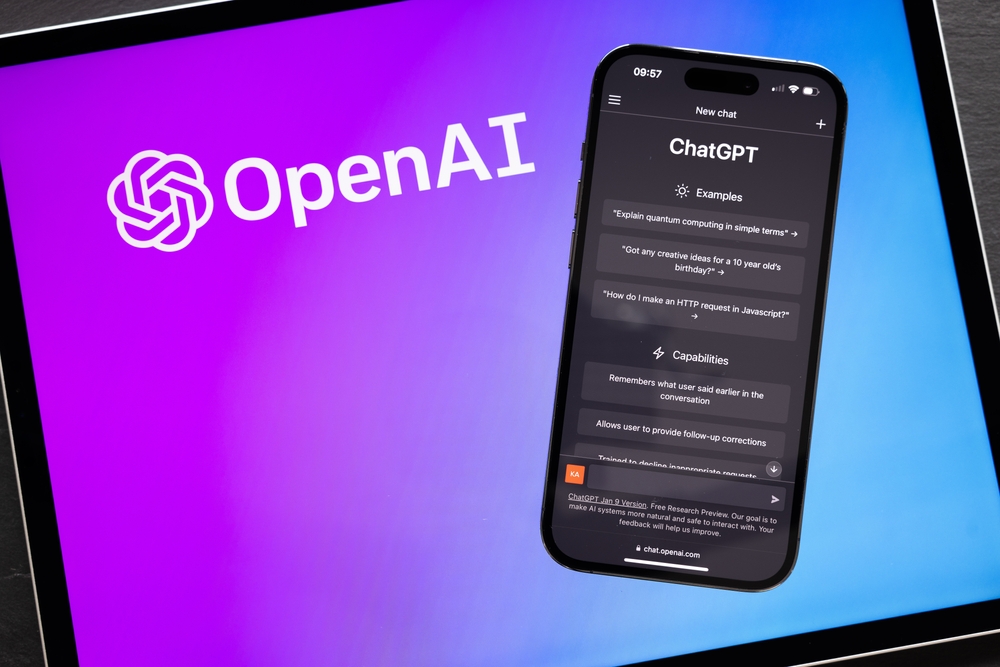OpenAI recently unveiled its Copyright Shield program, a proactive initiative designed to safeguard business customers from potential copyright infringement claims arising from the use of OpenAI products.
Coverage for Developer Platform and ChatGPT Enterprise
Under this program, OpenAI commits to covering the legal fees for customers utilizing both the public tools on their developer platform and the commercial version of the ChatGPT Enterprise chatbot. This comprehensive protection extends to business clients using these specific offerings.

Limitations and Questions
It’s essential to note that the Copyright Shield program does not extend its protection to users of the free and Plus versions of ChatGPT. Additionally, there remains some ambiguity regarding the program’s coverage regarding claims related to the training data employed in OpenAI’s generative AI models.
The Challenge of Copyright in Generative AI
Generative AI models like ChatGPT, GPT-4, and DALL-E 3 are trained on vast datasets encompassing books, artwork, emails, songs, and audio recordings. While some of this data resides in the public domain, a substantial portion is copyrighted or subject to restrictive licenses. This legal conundrum concerning the use of such data for AI training is presently under active consideration in the courts.
Problems can potentially arise when AI models reproduce precise segments of the data they were trained on, potentially leading to inadvertent copyright infringement. Surveys indicate that intellectual property issues rank high among concerns for both large companies and developers when employing generative AI technologies.
A Broader Industry Trend
Recognizing the significance of intellectual property challenges, major technology giants such as IBM, Microsoft, Amazon, and notable stock photo providers like Getty Images, Shutterstock, and Adobe have already expressed their readiness to support and defend their clients against potential intellectual property claims, notes NIX Solutions. OpenAI’s participation in this trend could signal to the entire industry the growing importance of developing comparable user protection mechanisms.
